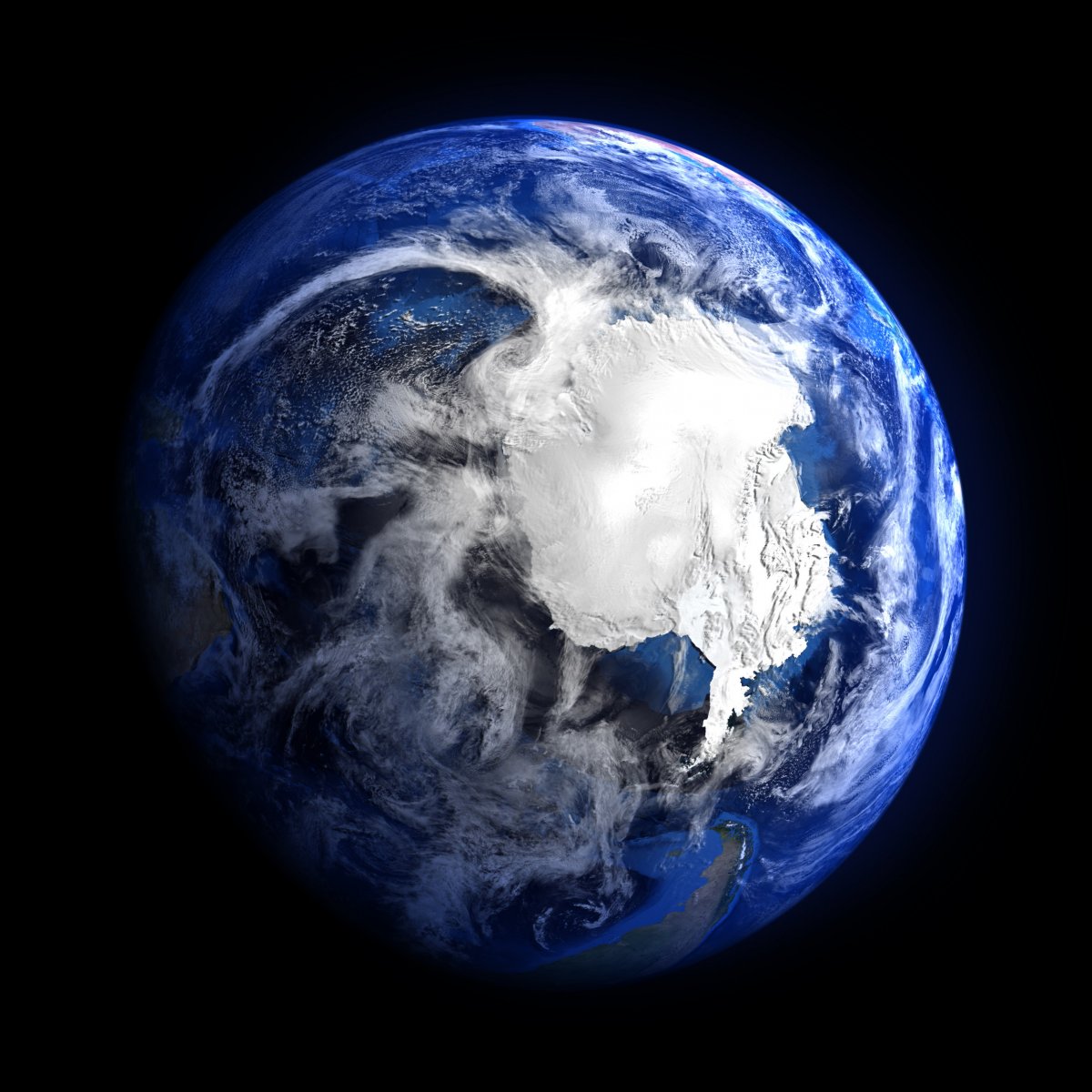A rare atmospheric phenomena has caused the air above Antarctica to get far warmer than usual, with scientists recording record-breaking temperatures in the stratosphere.
Eun-Pa Lim, from Australia's Bureau of Meteorology, and colleagues noticed the air above Antarctica was getting warmer at the end of August. In the weeks that followed, this warming intensified, eventually seeing temperatures reach up to 35 degrees Kelvin above normal.
The warming was the result of sudden stratospheric warming—a phenomenon that takes place in the Northern Hemisphere regularly, about once every one to two years, Lim told Newsweek. In the Southern Hemisphere, however, it is far rarer, having only been observed once before, in 2002.
"Back in late August to early September, it was about 30 to 35 degree Kelvin warmer than normal in the upper to mid stratosphere over the Antarctic polar cap region, which was a record-breaking warming for that time of year," Lim said. "Since then, the magnitude of the anomalous warming has reduced by about 15 degree Kelvin in the mid to lower stratosphere."
Every winter, fast westerly winds develop in the stratosphere—the second layer in Earth's atmosphere that sits above the troposphere. This layer extends about 31 miles in height, with the ozone layer sitting within it. These winds, which can reach 124 miles per hour, develop because of temperature differences between the South Pole, where there is no sunlight, and the ocean, which still gets sunlight.
"As the sun shifts southward during spring, the polar region starts to warm. This warming causes the stratospheric vortex and associated westerly winds to gradually weaken over the period of a few months," Lim said. Some years, this happens faster than normal, with air from the lower atmosphere warming the stratosphere causing the winds to weaken. "Very rarely, if the waves are strong enough they can rapidly break down the polar vortex, actually reversing the direction of the winds so they become easterly. This is the technical definition of 'sudden stratospheric warming.'"
Sudden stratospheric warming is the result of natural variations within the atmosphere, she said, adding that it appears this event is the result of random variability. Lim added that she and the team now plan to look at what happened to cause the warming in order to better understand the physical mechanisms of the relationship between the stratosphere and the troposphere.
"The current event started with a very rapid and strong warming, but the warming has been kept in the stratosphere and hasn't impacted the lower atmosphere yet, which is very unusual," she said.
The sudden stratospheric warming event is expected to bring hot, dry winds over Australia over the next three months, the researchers say. In a study published in Nature Geoscience, the team put the rising temperatures into a model that provides forecasts for the Southern Hemisphere. Findings showed Australia will likely get less rain and warmer temperatures in spring, potentially increasing the risk of wildfires.
"This has major implications for the predictability of extreme climate in Australia, as well as possibly other regions of the Southern Hemisphere," study co author Ghyslaine Boschat, from Australia's Monash University, said in a statement.

Uncommon Knowledge
Newsweek is committed to challenging conventional wisdom and finding connections in the search for common ground.
Newsweek is committed to challenging conventional wisdom and finding connections in the search for common ground.
About the writer
Hannah Osborne is Nesweek's Science Editor, based in London, UK. Hannah joined Newsweek in 2017 from IBTimes UK. She is ... Read more
To read how Newsweek uses AI as a newsroom tool, Click here.








